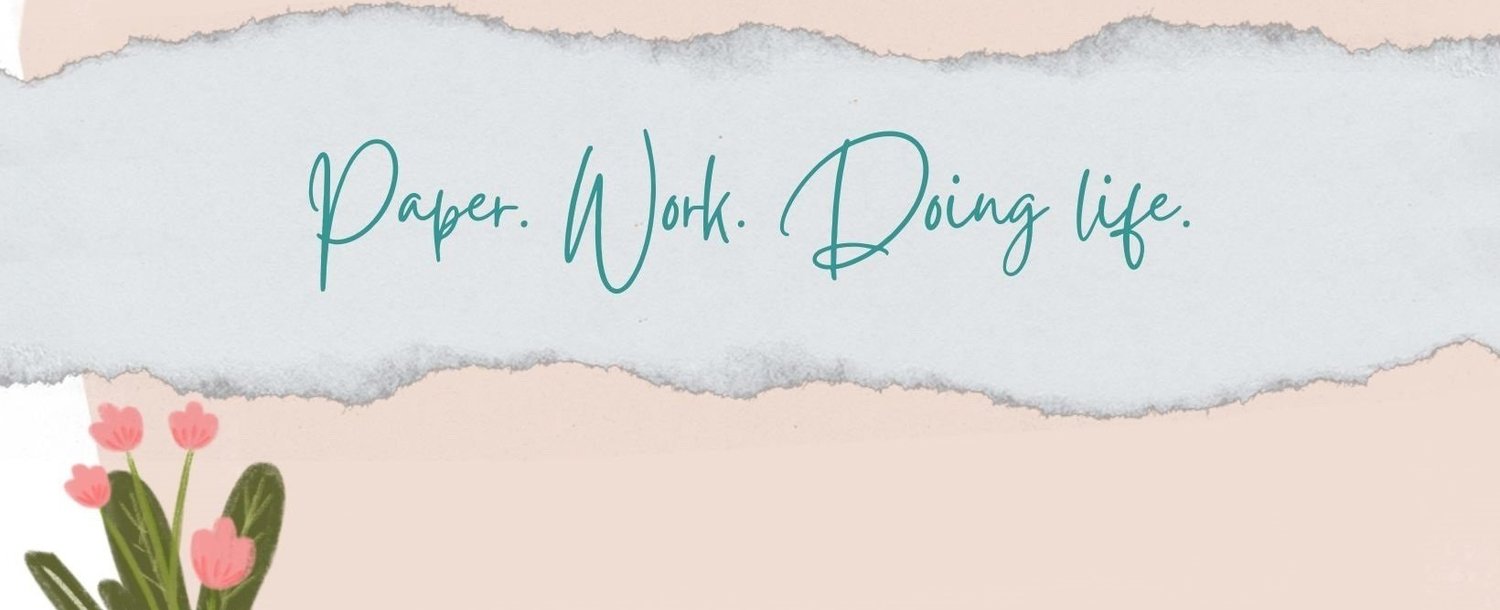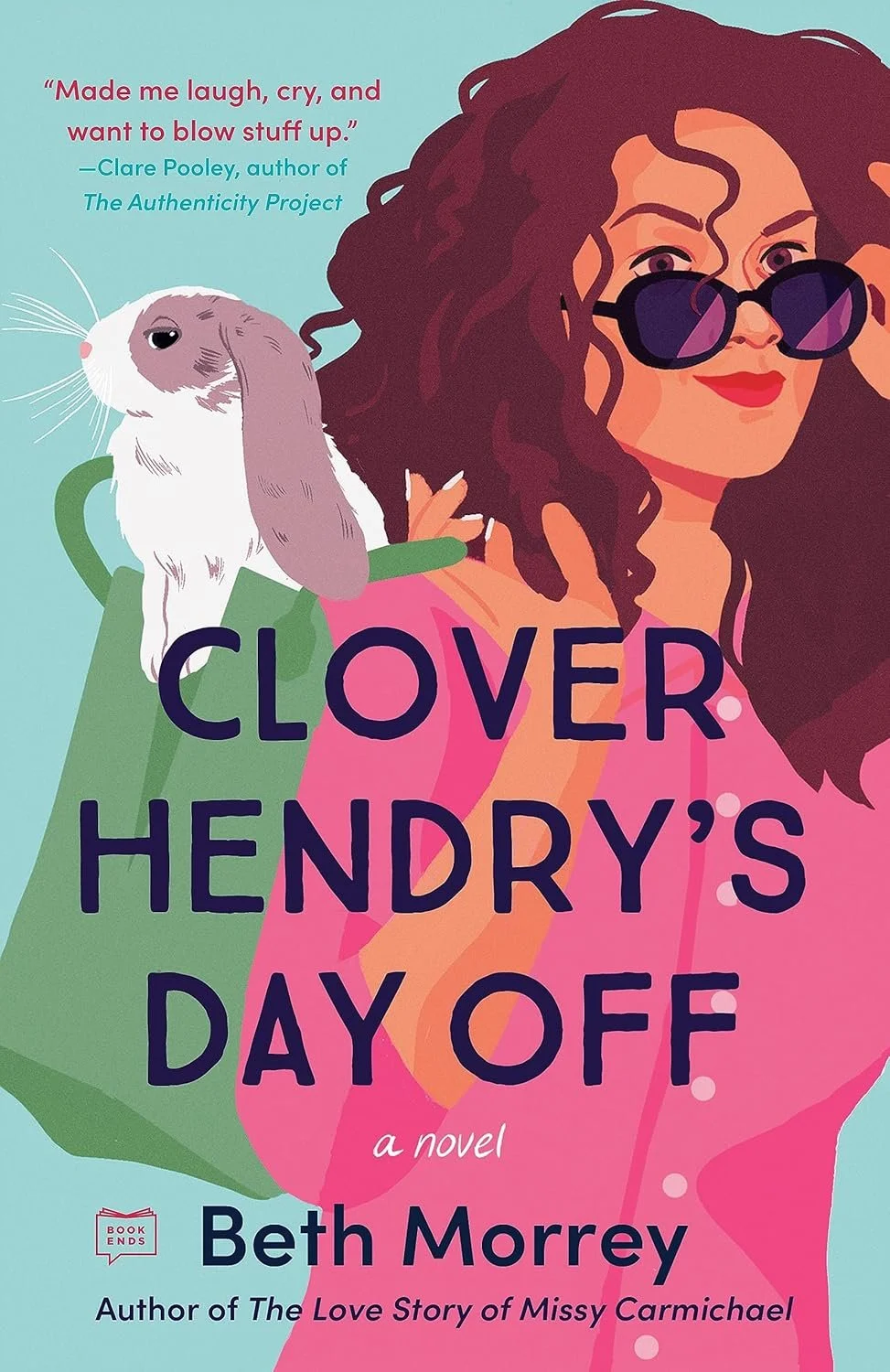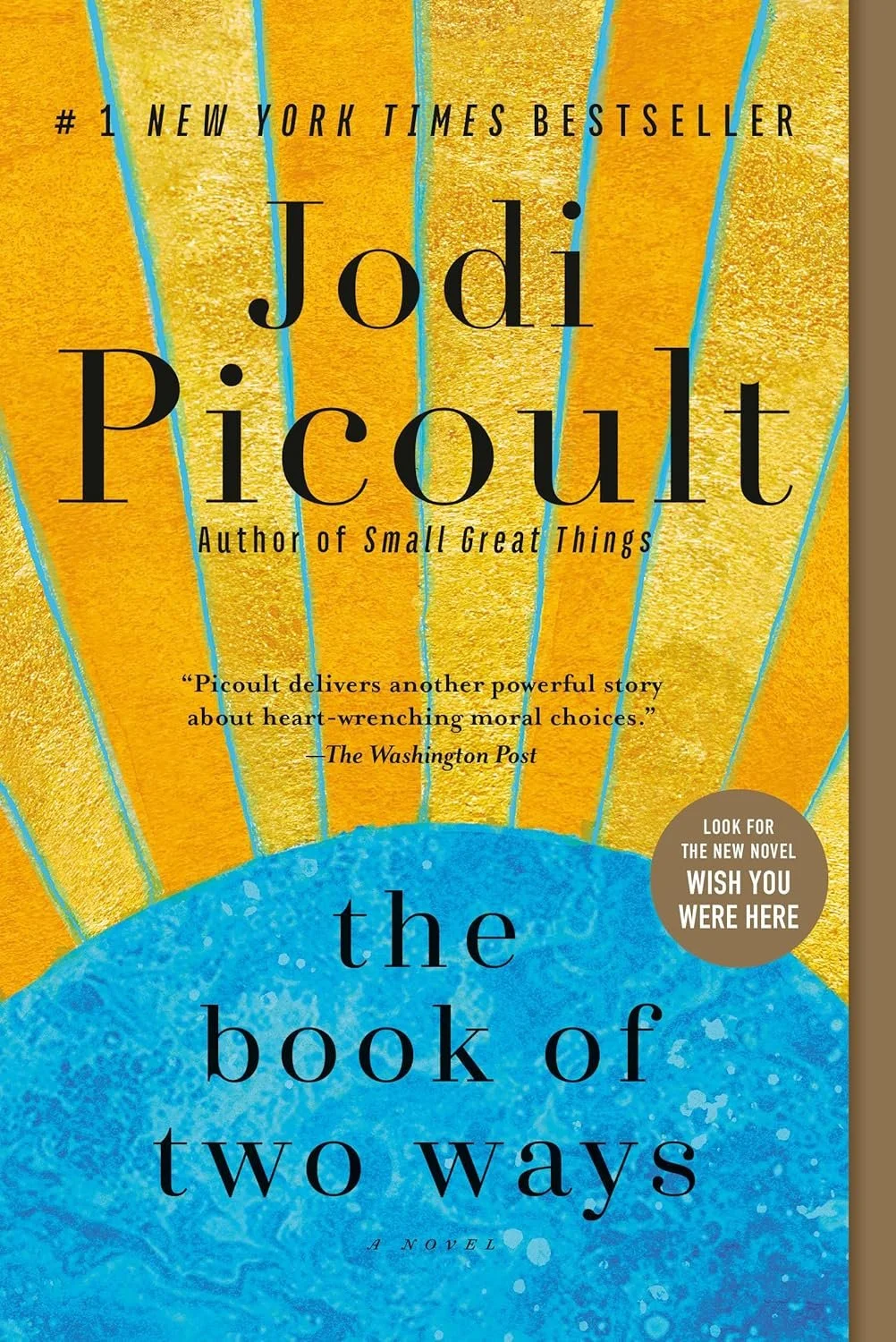The Banned Bookshop of Maggie Banks - Shauna Robinson
Genre: Contemporary Fiction
Narrator: Imani Jade Powers
In The Banned Bookshop of Maggie Banks by Shauna Robinson, Maggie Banks feels out of options. She had been staying with her mom & dad since she lost her last job. When her best friend offers her a temporary job in her bookshop while she is on maternity leave and a place to stay, Maggie can’t resist. She is not prepared for the battle she faces with the local literary society - no silliness allowed, no modern books, no events - her struggle leads her to create financial woes for the bookshop that is her friend’s sole source of income. Her creative response creates a lovely community but threatens her unexpected romance. Delightfully performed by Imani Jade Powers, this was an entertaining and thoughtful read.
Maggie is a well developed character - this I know, in part, because she drives me absolutely crazy in some parts. If this old lady can get frustrated with a character’s decisions that means she is brought to life well. And when I say frustrated, I mean she seemed to be making decisions constantly that just didn’t seem sensible - and I know that is all part of the lives we live. But the mom vibe is strong in me, and I remember the frustration of keeping my mouth shut when I wanted so much to “guide” my young adult kids who needed to make their own mistakes. Anyhow, excellent characterization. I loved the setting: the town and the bookstore. I enjoy a good historical author tour and town. While the literary society in this town is next level for some, the conflict that ensues between old school and new ideas helps create an interesting plot. I am sure the push/pull that Robinson illustrates is fairly common in historical towns. The book did have a bit of a Hallmark movie feel to me, which I like.
Books and the reading of them have been a pivotal part of my life for as long as I can remember. I have spent the better part of my adult life working with students as an English teacher and librarian - influencing them in terms of books and reading. In The Banned Bookshop of Maggie Banks - Shauna Robinson takes me on a journey with Maggie. English teachers never love to hear that through exploring the classics they’ve made students hate reading. But, nonetheless, we hear it. And while we weave in more contemporary work and independent choices, we persevere with the classics. I enjoyed watching Maggie’s journey with reading. I am no longer teaching, so what I do with all the thoughts about reading that this novel inspired in me, remains to be seen. I enjoyed The Banned Bookshop of Maggie Banks by Shauna Robinson book at a variety of levels - I think you will too.





















